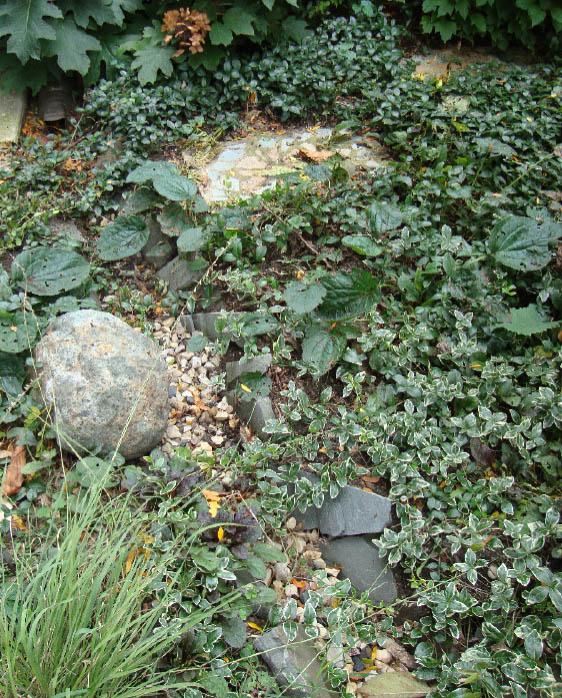rain gardens
What is a rain garden?
A rain garden is a shallow depression that is planted with deep-rooted native plants and grasses. The garden should be positioned near a runoff source like a downspout, driveway or sump pump to capture rainwater runoff and stop the water from reaching the sewer system.
Why plant a rain garden?
But why plant a rain garden? What is the point? Will it do any good? How do I plant a garden? What do I need to do? What do I do in the winter time? And then next spring?
Rain gardens are a beautiful and colorful way for homeowners, businesses and municipalities to help ease stormwater problems. There is a growing trend by municipalities and homeowners to incorporate natural processes to help relieve flooding and pollution.

By capturing clean rainwater from your roof, driveway and sidewalks and diverting it into a great looking rain garden where it can slowly soak into the ground, filter contaminants and keep quantities of clean water from going down the sewer system you’ll have a great looking garden that puts water in its place.
A Rain Garden will:
- Filter runoff pollution
- Recharge local groundwater
- Conserve water
- Improve water quality
- Protect rivers and streams
- Remove standing water in your yard
- Reduce mosquito breeding
- Increase beneficial insects that eliminate pest insects
- Reduce potential of home flooding
- Create habitat for birds & butterflies
- Survive drought seasons
- Reduce garden maintenance
- Enhance sidewalk appeal
- Increase garden enjoyment
see the rain garden network for more information
